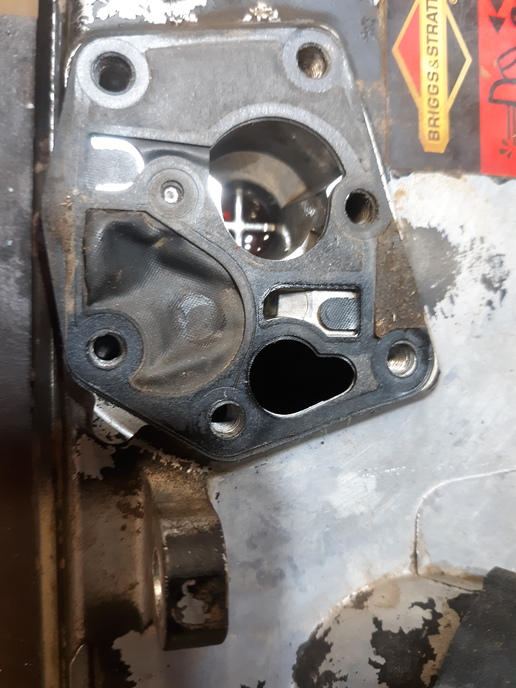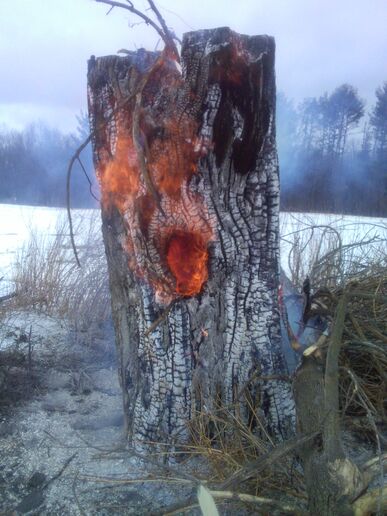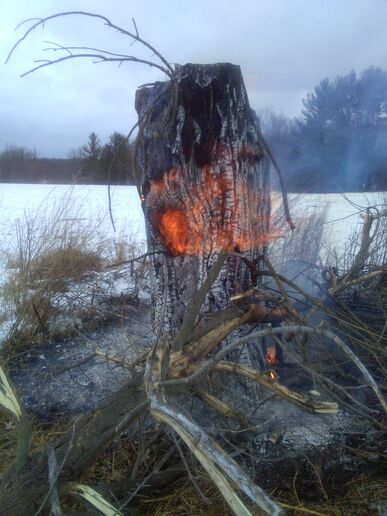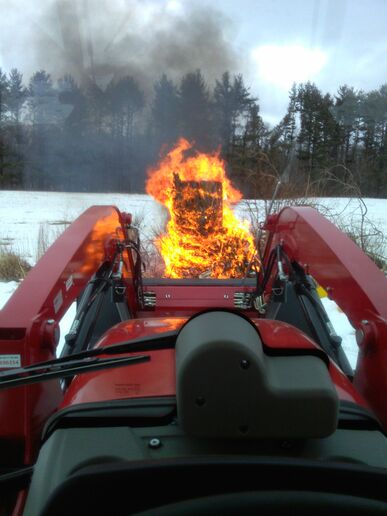I'm one of those that hasn't had issue with ethanol fuel with the exception of seeing several rusty carbs. Some of the later small engines have carbs with steel float bowls. Just a little water will cause rust, and eventually a hole.
I think this is caused primarily by the water collected from the atmosphere by the gas. Not a problem if in constant use as it will burn, in small quantities. But over long periods of disuse the separates and causes the problem.
It seems to me that if there were no entry for air into the tank this wouldn't be an issue. Finally my question: I fill the tank, all the way to the top of the neck, then lay a piece of plastic wrap over the neck and screw the cap on before winter storage.
Anybody agree with this a cure for water absorption?
I have 100% gas available but seldom buy any.
I think this is caused primarily by the water collected from the atmosphere by the gas. Not a problem if in constant use as it will burn, in small quantities. But over long periods of disuse the separates and causes the problem.
It seems to me that if there were no entry for air into the tank this wouldn't be an issue. Finally my question: I fill the tank, all the way to the top of the neck, then lay a piece of plastic wrap over the neck and screw the cap on before winter storage.
Anybody agree with this a cure for water absorption?
I have 100% gas available but seldom buy any.





